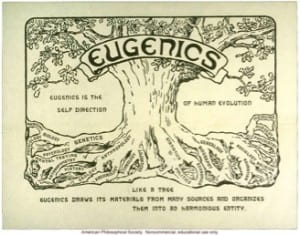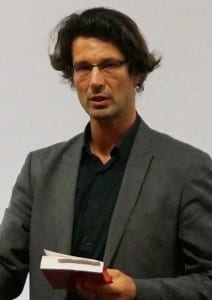2015 UCL Scholarships and Bursaries Reception
By ucyow3c, on 18 March 2015
![]() Written by Luana-Maria Totea, Information Management for Business BSc student
Written by Luana-Maria Totea, Information Management for Business BSc student

Maurice Watkins, Professor Dame Hazel Genn, Leon
Veal, Samantha Leung and Professor Michael Arthur
On Monday 9 March, UCL held its fifth annual Scholarships and Bursaries Reception to celebrate the positive impacts of philanthropy. There was a wonderful, vibrant atmosphere as students and guests came together in the North Cloisters for the event, which was a fantastic opportunity for scholars to thank donors for their generosity and support.
Professor Michael Arthur, UCL President & Provost, opened proceedings by welcoming guests and delivered some good news concerning UCL’s developments over the last year. This was followed by several speakers who talked about philanthropy from their personal points of view, emphasising how donors’ generosity has an impact, on a personal, institutional and community level.
The first student speaker, Samantha Leung, a bright and ambitious final-year law student from Canada, shared her experiences of UCL and spoke about the influence bursaries have, both on the individuals themselves as well as the wider community:
“My bursary, kindly and generously provided by the Jirasarunya Family, allows me to take on less paid work during the academic year in order to fund my education. With the extra time I have as a result, I can do more pro bono work: I volunteer in law-related charities and outreach programmes, educating children and youths about the law, as well as giving legal assistance and advice to those in our society who cannot afford legal services.
 Close
Close



 With 5 November just around the corner, this Lunch Hour Lecture on how fireworks have helped to develop a relationship between science and art from
With 5 November just around the corner, this Lunch Hour Lecture on how fireworks have helped to develop a relationship between science and art from 